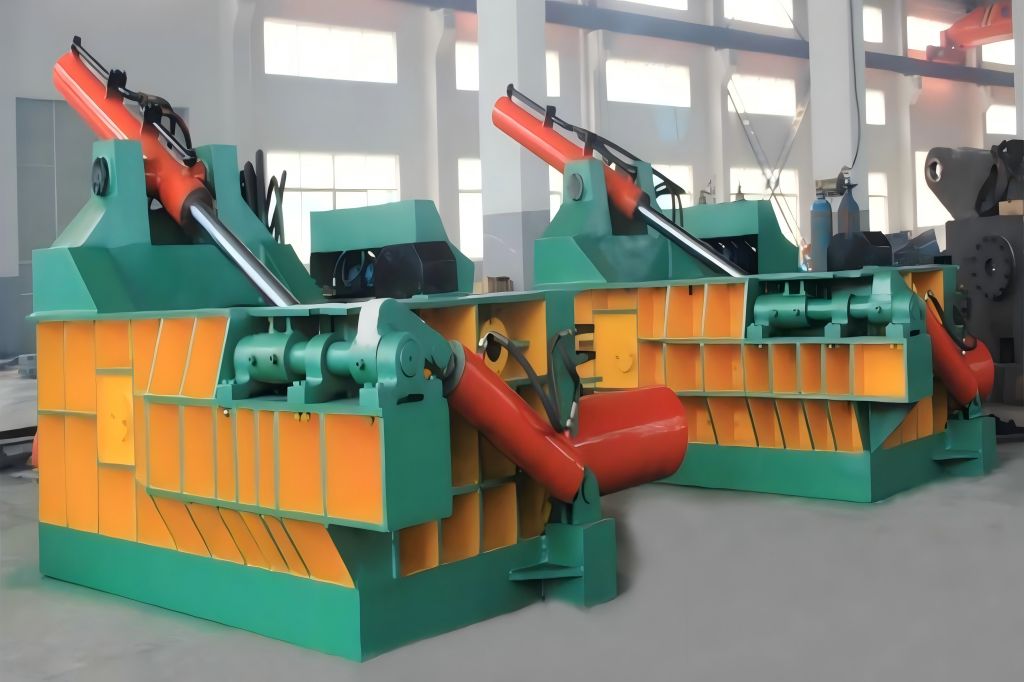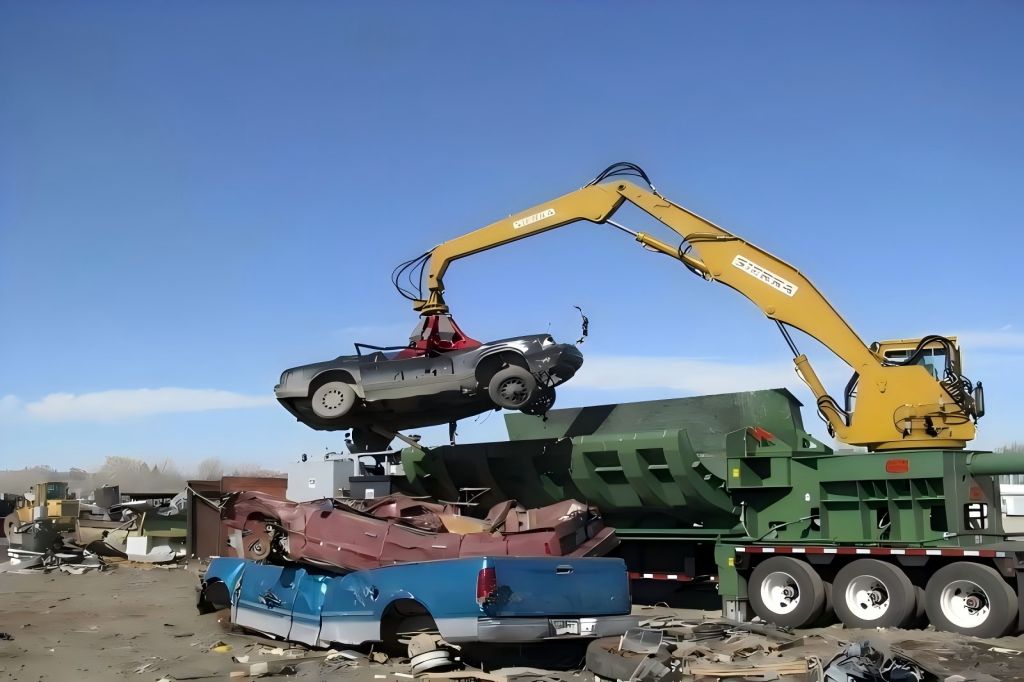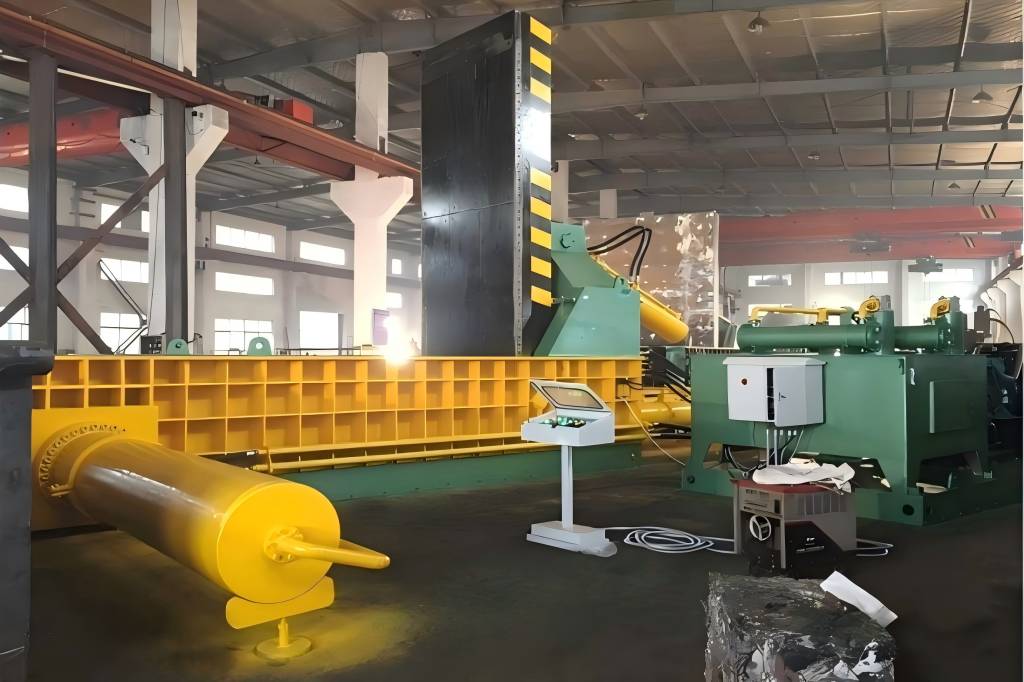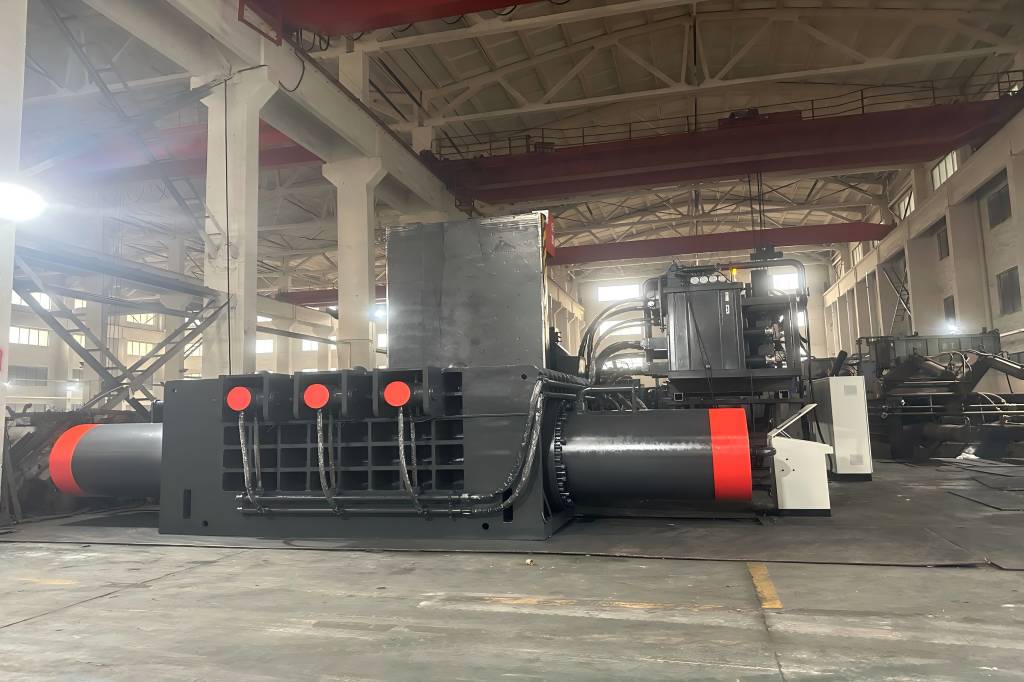As the U.S. advances its environmental and economic goals, the recycling industry is gaining support through new federal tax incentives. Businesses investing in scrap metal balers now qualify for tax breaks aimed at reducing equipment costs and promoting sustainability. These incentives help recycling companies, waste management firms, and manufacturers lower capital expenses, modernize operations, and improve efficiency.
Overview of the New Tax Incentives
The new federal tax incentives, implemented through the Green Economic Revitalization Act (GERA), focus on promoting eco-friendly technology in industries with high environmental impacts. Scrap metal balers play a critical role in recycling operations, compacting materials to make transportation and processing more efficient.
However, they represent a significant investment for recycling firms. Through this initiative, companies purchasing new or upgrading existing balers can now access deductions and credits to reduce their financial burden.
The incentive program is structured to support both large and small businesses. By making baler purchases more affordable, the government hopes to encourage companies to adopt the latest, most energy-efficient technology. Qualifying purchases must meet specific criteria, such as energy efficiency ratings, automation levels, and reduced carbon emissions.
Below is a table summarizing the available tax incentives, eligibility criteria, and potential savings for businesses investing in scrap metal balers.
| Incentive Type | Description | Eligibility | Potential Savings |
| Tax Deduction | Deduction for purchasing energy-efficient balers | All businesses investing in qualifying balers | 20-30% of baler cost |
| Investment Tax Credit | Credit for new baler purchases aimed at reducing carbon footprint | Businesses with $500,000+ in annual revenue | 15% of baler cost |
| Accelerated Depreciation | Allows businesses to depreciate balers over 3 years instead of 7 | All qualifying purchases | Increases cash flow |
| Green Technology Grant | Non-repayable grant for companies adopting eco-friendly recycling technology | Companies demonstrating environmental impact | Up to $100,000 |
| Energy Efficiency Bonus Credit | Additional credit for balers meeting strict energy efficiency standards | Balers with energy certification | 10% bonus on equipment cost |
Tax Deduction for Energy-Efficient Balers
The core component of the new tax incentives is a substantial deduction for energy-efficient balers. Businesses can write off 20-30% of the cost of qualifying balers, reducing taxable income and lowering overall tax liability.
This deduction applies to new balers that meet or exceed specific energy and environmental standards, ensuring that the equipment aligns with the federal government’s sustainability goals.
Energy-efficient balers lower power usage and operational costs for recycling companies, offering immediate tax savings and long-term efficiencies. As energy costs rise, these incentives support cost-effective, eco-friendly solutions.
Investment Tax Credit for Carbon Reduction
In addition to the general deduction, the federal government offers an investment tax credit for companies that invest in balers with features designed to reduce their carbon footprint. Eligible businesses can claim a credit equal to 15% of the purchase cost of these advanced balers, provided they have annual revenues of at least $500,000.
This tax credit encourages companies to purchase machinery that reduces emissions and complies with green standards, aligning with broader national and global sustainability objectives.
This credit is particularly beneficial for medium-sized businesses that may face challenges when investing in high-quality equipment due to capital constraints. For example, a business purchasing a $200,000 baler can claim a tax credit of $30,000, significantly reducing the net cost of the baler. This credit directly incentivizes companies to prioritize environmentally responsible investments and improves the financial viability of such purchases.
Accelerated Depreciation for Scrap Metal Balers
The incentive program also allows businesses to take advantage of accelerated depreciation, enabling companies to depreciate new scrap metal balers over three years instead of the traditional seven. This faster depreciation schedule results in higher deductions in the initial years, increasing cash flow and freeing up funds for other investments. Accelerated depreciation is especially useful for smaller companies, as it provides immediate financial relief and improves short-term liquidity.
For recycling companies, the benefits of accelerated depreciation extend beyond tax savings. Profitability is further increased by the increased efficiency and lower maintenance expenses that new balers frequently provide.
By combining these benefits with the tax advantage of rapid depreciation, businesses can offset the initial investment faster, creating more flexibility for future expansions or technology upgrades.
Green Technology Grant for Environmental Impact
For businesses demonstrating a significant positive environmental impact, the Green Technology Grant offers additional financial support. Unlike tax deductions and credits, this grant is non-repayable and can cover up to $100,000 of a qualifying baler’s cost. Eligible companies are typically those that adopt high-efficiency balers as part of broader eco-friendly initiatives, such as zero-waste operations or carbon-neutral production goals.
To qualify for the grant, businesses must submit a comprehensive proposal outlining how the baler will contribute to environmental objectives, including energy savings and reduced emissions.
By encouraging businesses to apply for the grant, the government hopes to accelerate industry adoption of green technology, especially in sectors with high waste output. The Green Technology Grant is particularly valuable for startups and small recycling companies, providing them with capital to invest in advanced balers without taking on additional debt.
Energy Efficiency Bonus Credit
In a final effort to drive eco-conscious choices, additional bonus credit is available for companies that purchase balers meeting stringent energy efficiency certifications. This bonus credit adds 10% to the equipment cost, supplementing other tax benefits. This incentive aims to support the adoption of cutting-edge technology, which not only reduces energy consumption but also increases productivity by allowing companies to process more scrap metal with less energy input.
For businesses looking to save operating expenses, the energy efficiency bonus credit is very helpful. Efficient balers consume less power, which directly lowers electricity bills and contributes to higher profitability. For recycling companies, this bonus credit represents an opportunity to upgrade machinery without compromising their environmental and financial goals.
Case Study: A Mid-Sized Recycling Company’s Savings
To better understand the impact of these incentives, consider the example of a mid-sized recycling company that recently invested in a new scrap metal baler. The company’s $150,000 baler qualified for multiple tax incentives, resulting in the following savings:
| Incentive | Amount |
| Tax Deduction (25% of cost) | $37,500 |
| Investment Tax Credit (15%) | $22,500 |
| Accelerated Depreciation (1st Year) | $20,000 |
| Energy Efficiency Bonus Credit (10%) | $15,000 |
| Total Savings | $95,000 |
This example demonstrates how a mid-sized recycling business could reduce the cost of a $150,000 baler to $55,000 after applying all available tax incentives and credits. These savings not only ease the financial burden of the purchase but also position the company for long-term success through increased efficiency and reduced environmental impact.
Future Implications for the Recycling Industry
New federal tax incentives are a major boost for recycling companies, reducing financial barriers to purchasing advanced equipment like scrap metal balers. These incentives help businesses modernize and adopt green technology, signaling a shift toward sustainability.
Currently focused on balers, similar measures may soon cover other recycling equipment as the nation emphasizes green initiatives. This comprehensive support can enhance industry efficiency and drive a more sustainable future.
Conclusion
New federal tax incentives offer financial relief for recycling companies investing in scrap metal balers, helping offset equipment costs and promote eco-friendly machinery. With these savings, businesses can prioritize efficiency and sustainability affordably. This policy shift provides the recycling industry with a valuable opportunity to invest in the future while supporting national environmental goals.




